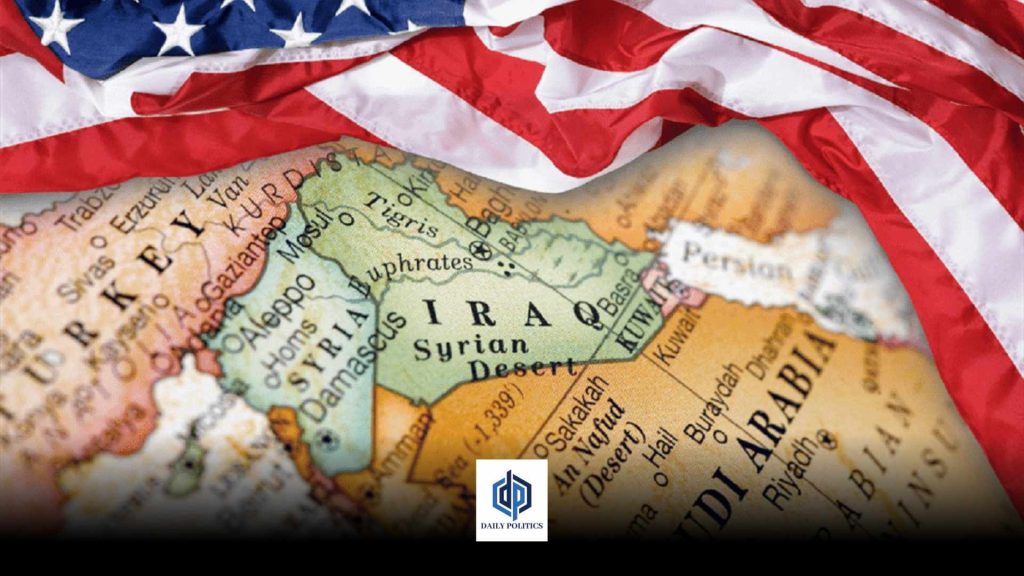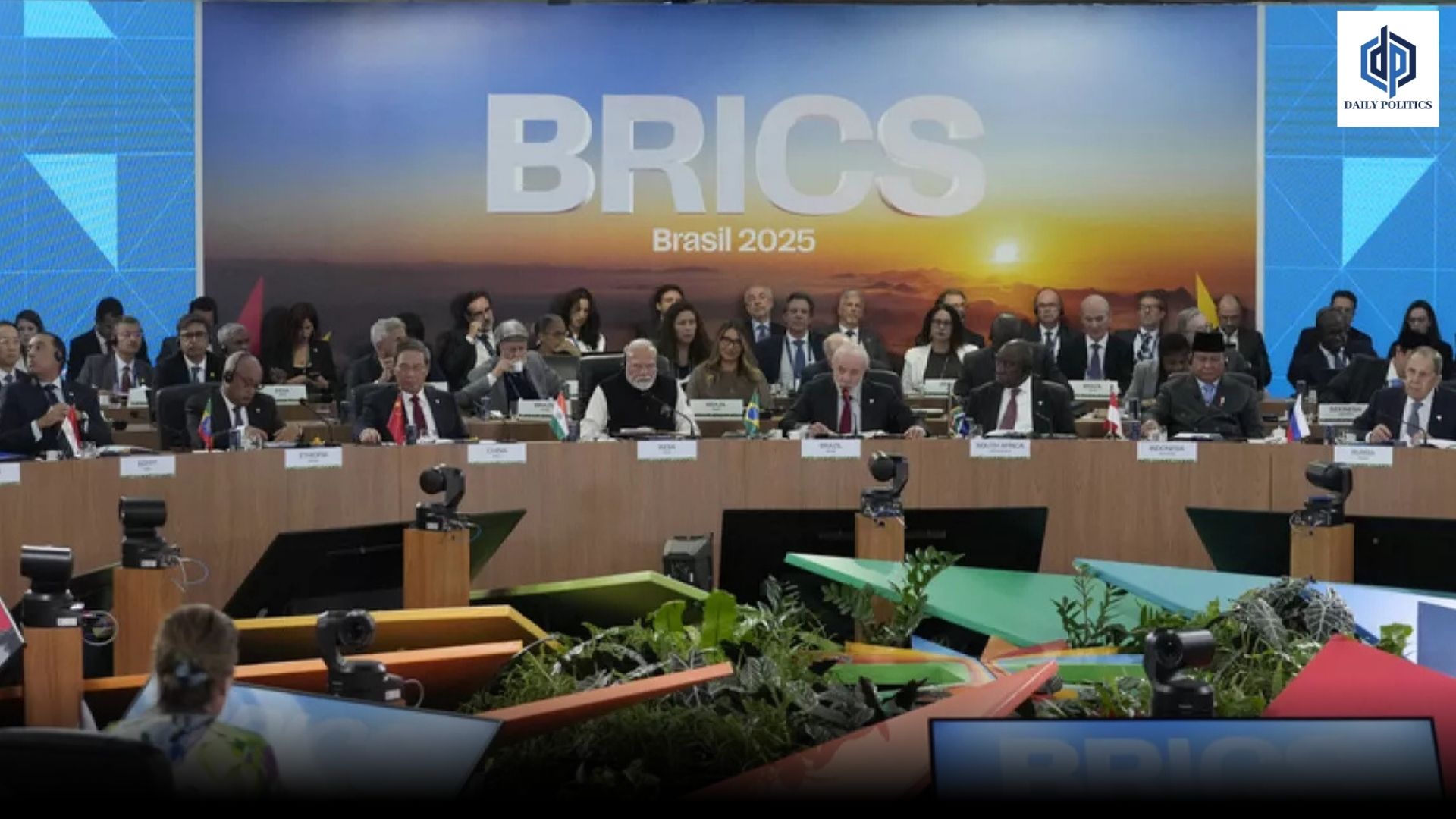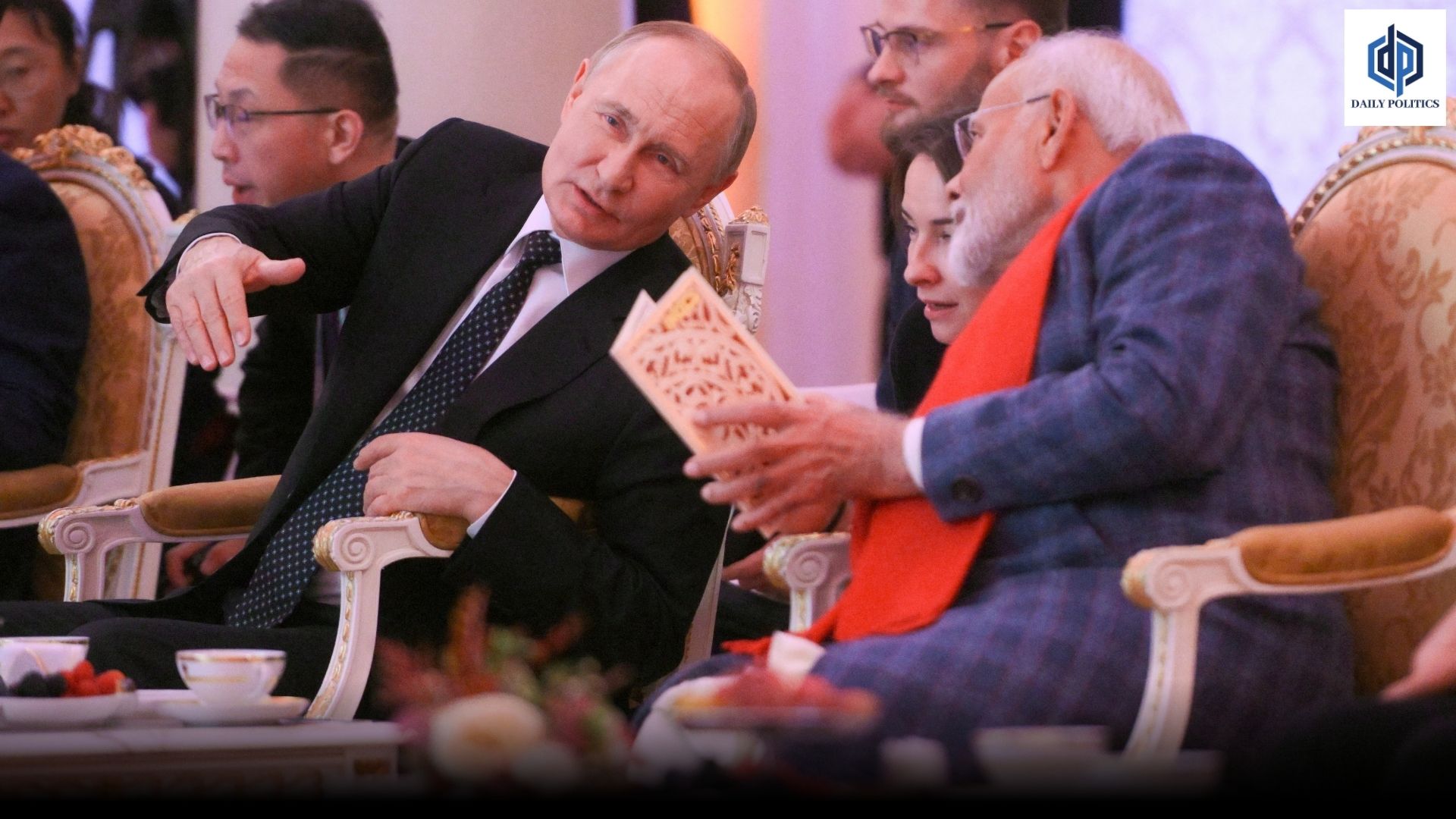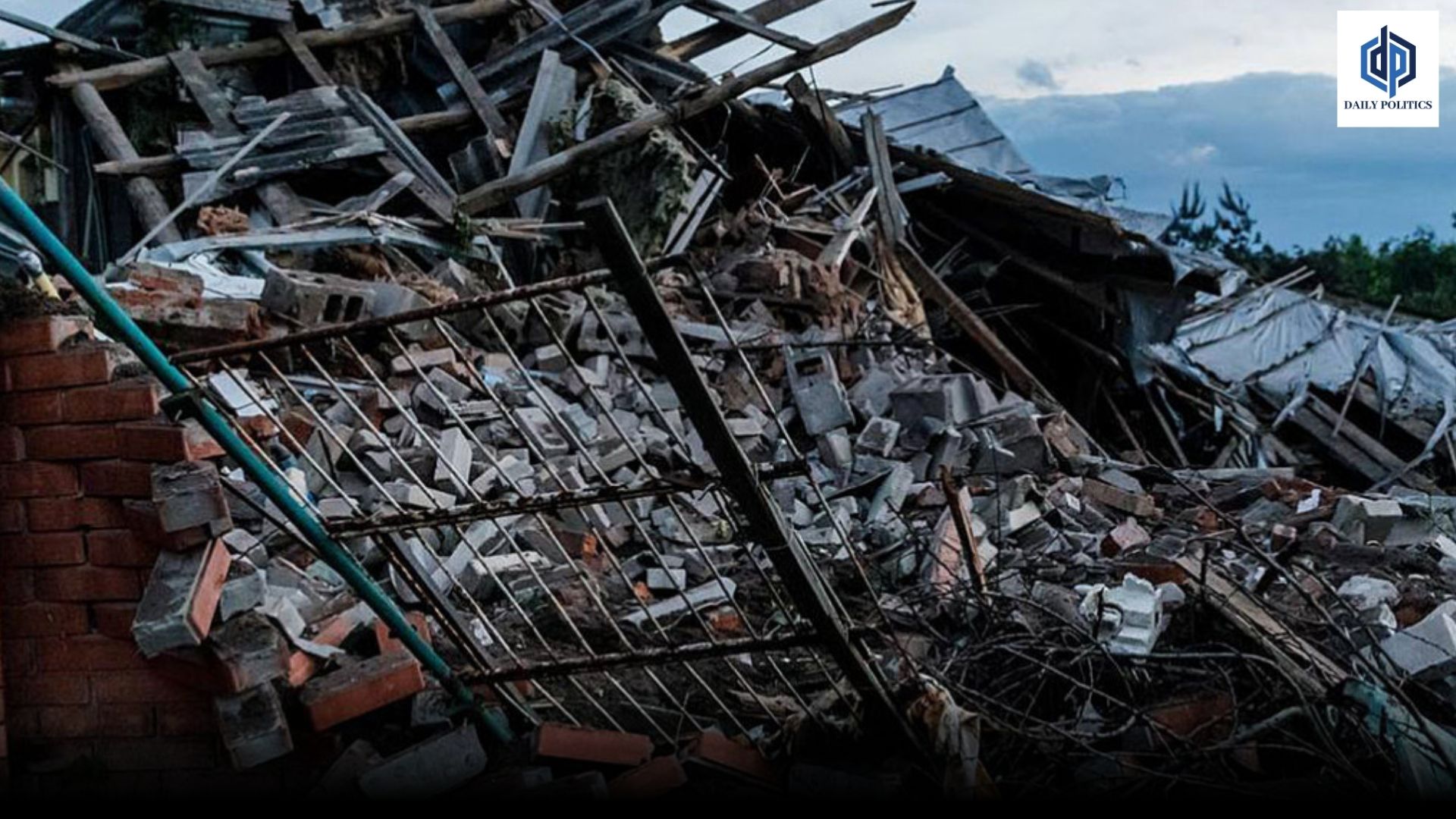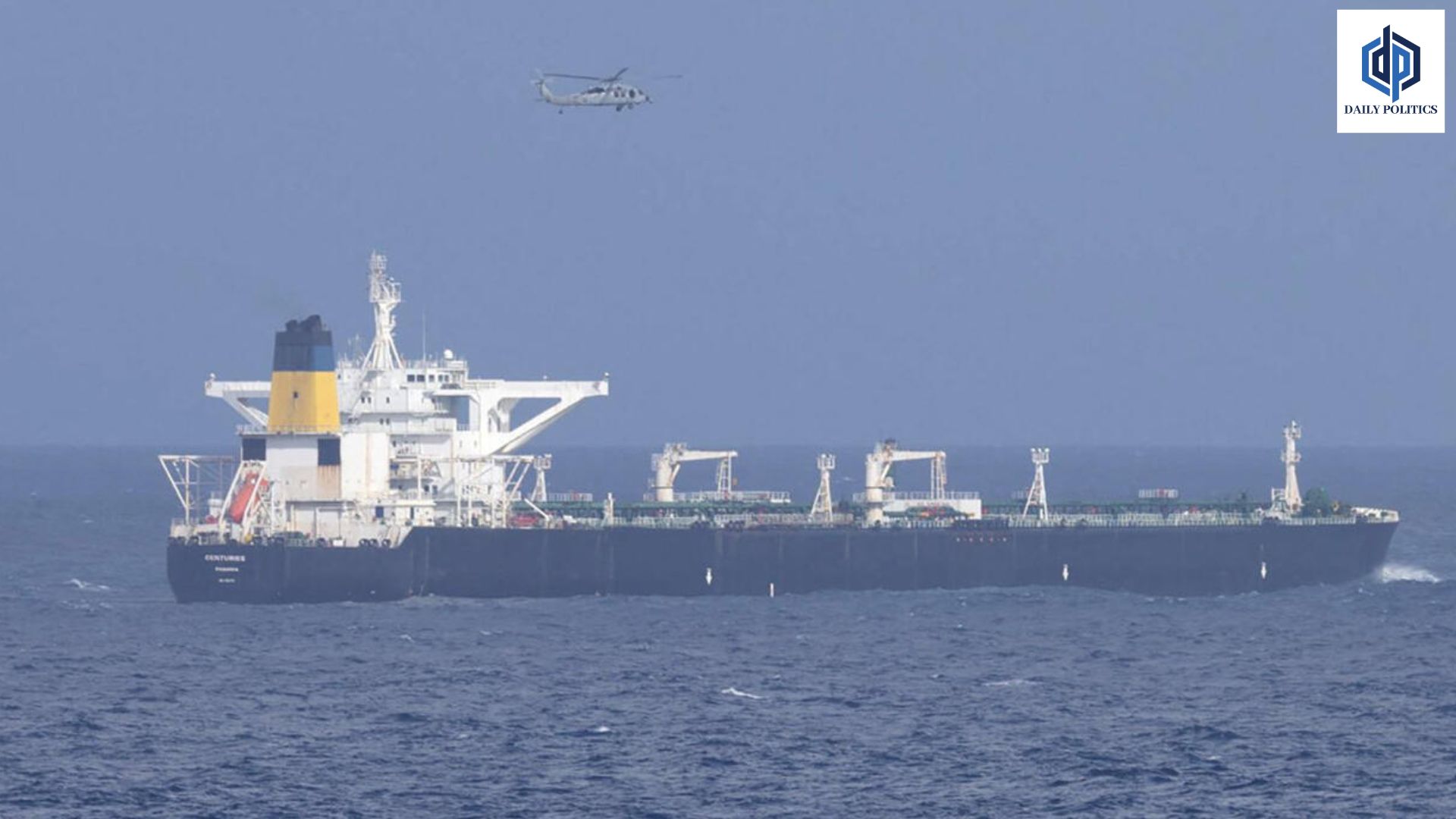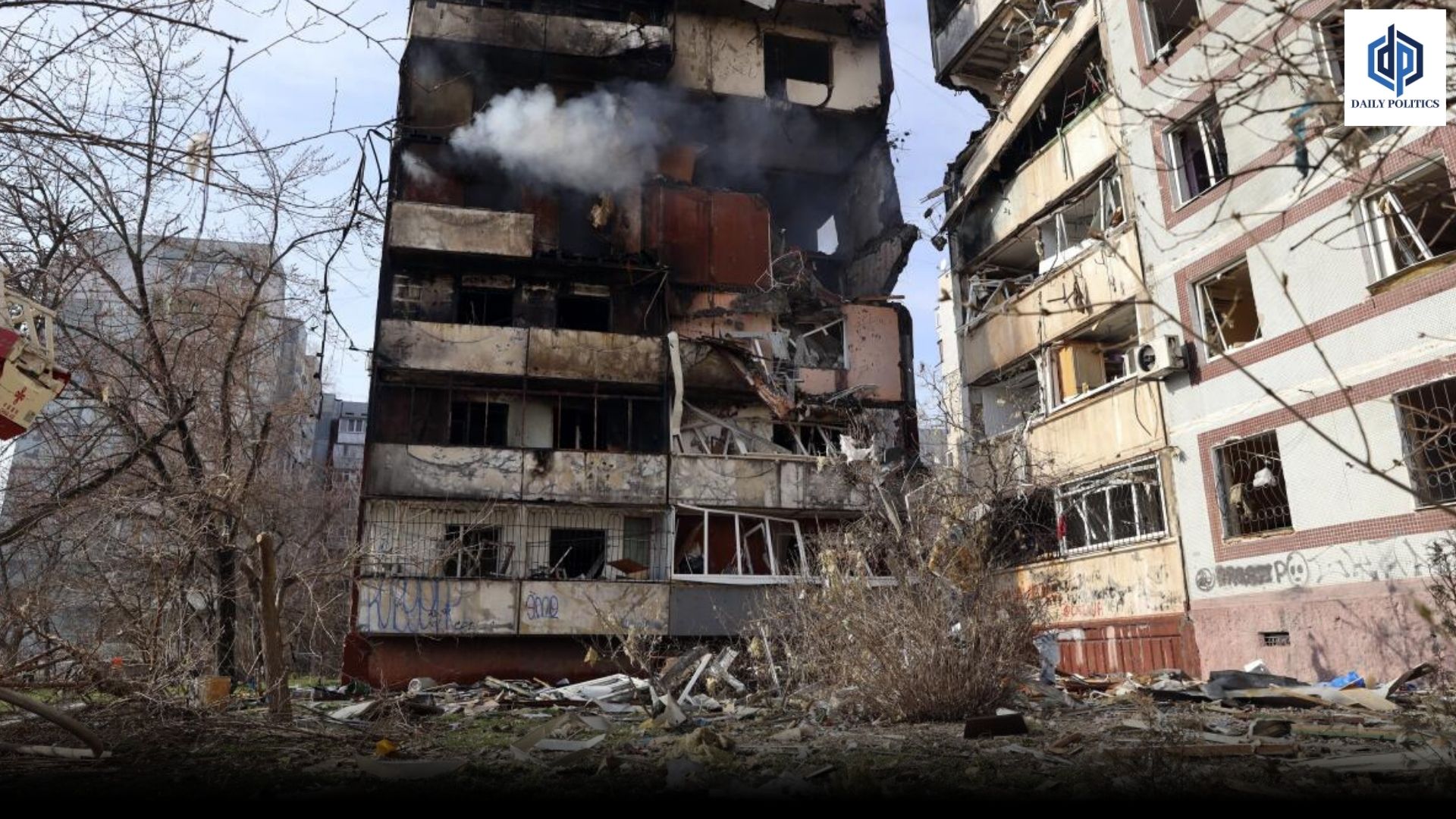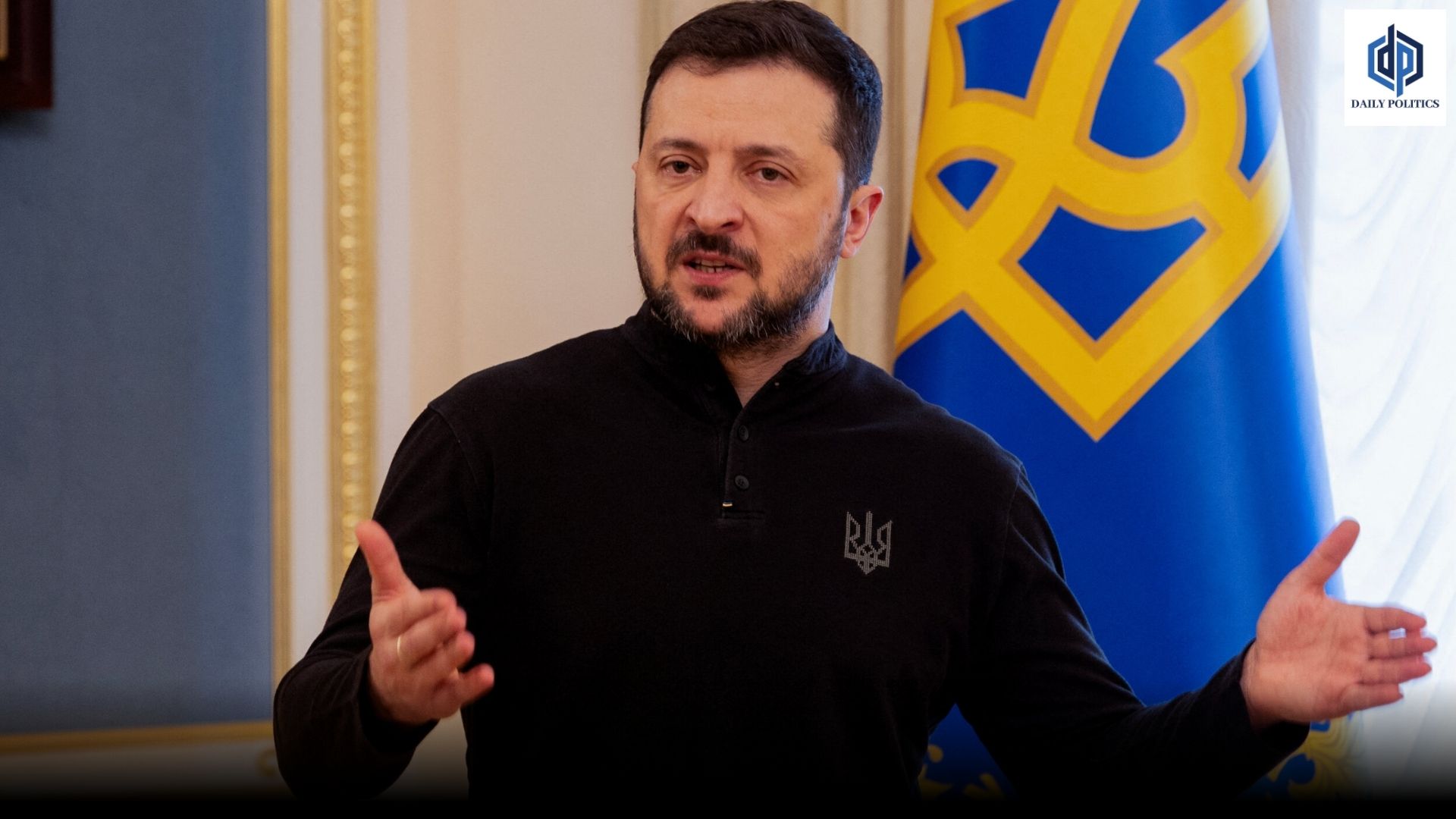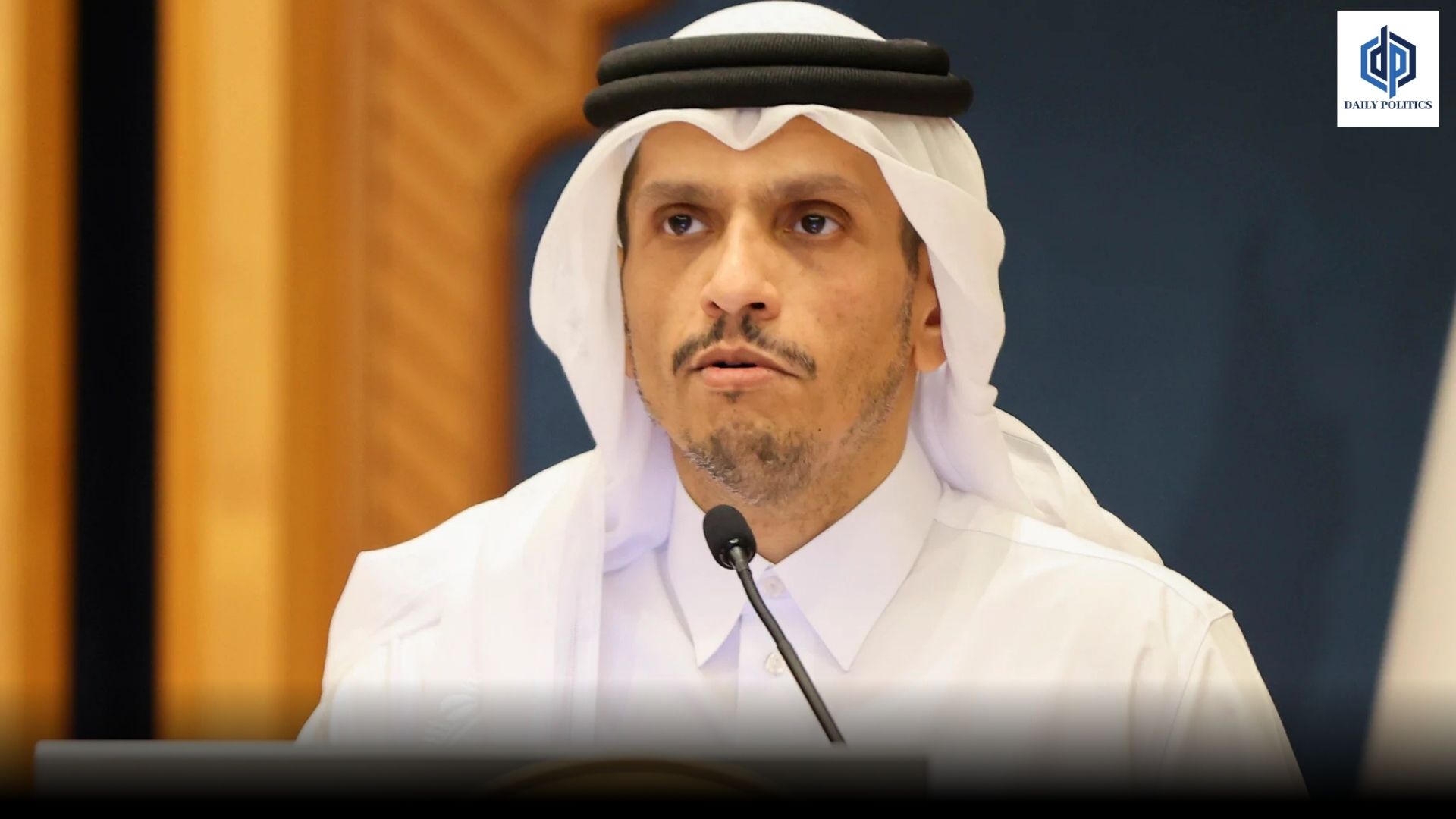In recent years, international politics has seen substantial alteration, signifying a shift from the post-Cold War unipolar world led by the United States. The emergence of new powers, regional coalitions, and changing economic hubs has resulted in a more multipolar global order. This transition is a transfer of power and a reconfiguration of political, economic, and military dominance that is transforming global governance and diplomacy.
The Decline of Unipolarity
The unipolar moment, marked by U.S. supremacy after the dissolution of the Soviet Union, is progressively yielding to a multipolar world where other governments have considerable influence in global affairs. China, Russia, India, and the European Union have emerged as significant actors, each promoting regional and global objectives. China’s economic ascent, exemplified by its Belt and Road Initiative (BRI), is transforming global trade networks. Russia’s aggressive foreign policy, especially with Ukraine, is undermining NATO’s security framework in Europe.
In the evolving multipolar system, smaller and regional countries are stepping into more active roles. Turkey, Brazil, and South Africa, among others, are using their regional influence to become significant mediators in global conflicts, thereby disrupting traditional power dynamics. This shift in power is making international diplomacy more complex, with alliances and partnerships becoming increasingly flexible, reflecting the adaptability required in the current global political landscape.
New Regional Alliances and Institutions
In response to the waning dominance of the West, alternative international institutions and alliances are gaining prominence. The BRICS group (Brazil, Russia, India, China, and South Africa), the Shanghai Cooperation Organization (SCO), and other regional entities are increasingly providing forums for non-Western states to coordinate policies, promote trade, and address security concerns. These groups, while not yet challenging Western institutions like NATO or the G7 directly, offer an alternative model of cooperation that appeals to many states dissatisfied with the current global order.
Additionally, the resurgence of nationalism in many parts of the world has resulted in states prioritizing sovereignty and self-interest over multilateralism. The erosion of global governance institutions such as the United Nations and the World Trade Organization signals a retreat from the liberal international order that characterized much of the 20th century. This trend has implications for addressing transnational challenges such as climate change, pandemics, and terrorism, as cooperation becomes more difficult in a fragmented global system.
The Role of Technology and Economic Rivalries
The influence of technology, especially in the domains of cybersecurity, artificial intelligence, and space exploration, is a critical element in the changing international environment. Countries increasingly compete for technical dominance, with the U.S. and China competing for superiority in developing technologies. This competition encompasses commerce, as protectionist laws and tariffs serve as instruments of economic warfare.
The escalating animosity between the U.S. and China sometimes termed the “new Cold War,” has decoupled their economies in vital areas such as technology and energy. This rift jeopardizes the global supply system and may compel other nations to align with one side, therefore intensifying geopolitical tensions and involving the global community in these dynamics.
Implications for Global Stability
Changing to a multipolar world brings chances and problems for keeping the world stable. On the one hand, the spread of power could make the world a more stable place where no one country has too much power. But when big powers compete with each other more, war is more likely, especially in places where their interests overlap, like the South China Sea, Eastern Europe, and the Middle East.
Also, the weakening of global government and the rise of nationalist ideas could make it harder for countries to work together to solve global problems that require everyone’s participation. Geopolitics is very unpredictable right now, and the usual rules of international politics are being changed.
Conclusion: Navigating the New Global Order
International politics is becoming more complicated as the world moves from a unipolar to a multipolar order. The role of technology, the rise of new powers, and changing relationships are all making the global order less stable. For officials to keep the world stable and deal with the problems of the 21st century, they will need to understand and adapt to these changes.
There is no longer a clear boss at the global level. Instead, many people can affect results in unpredictable ways. The next few years will be crucial for international politics because they will show how states deal with this new reality.

